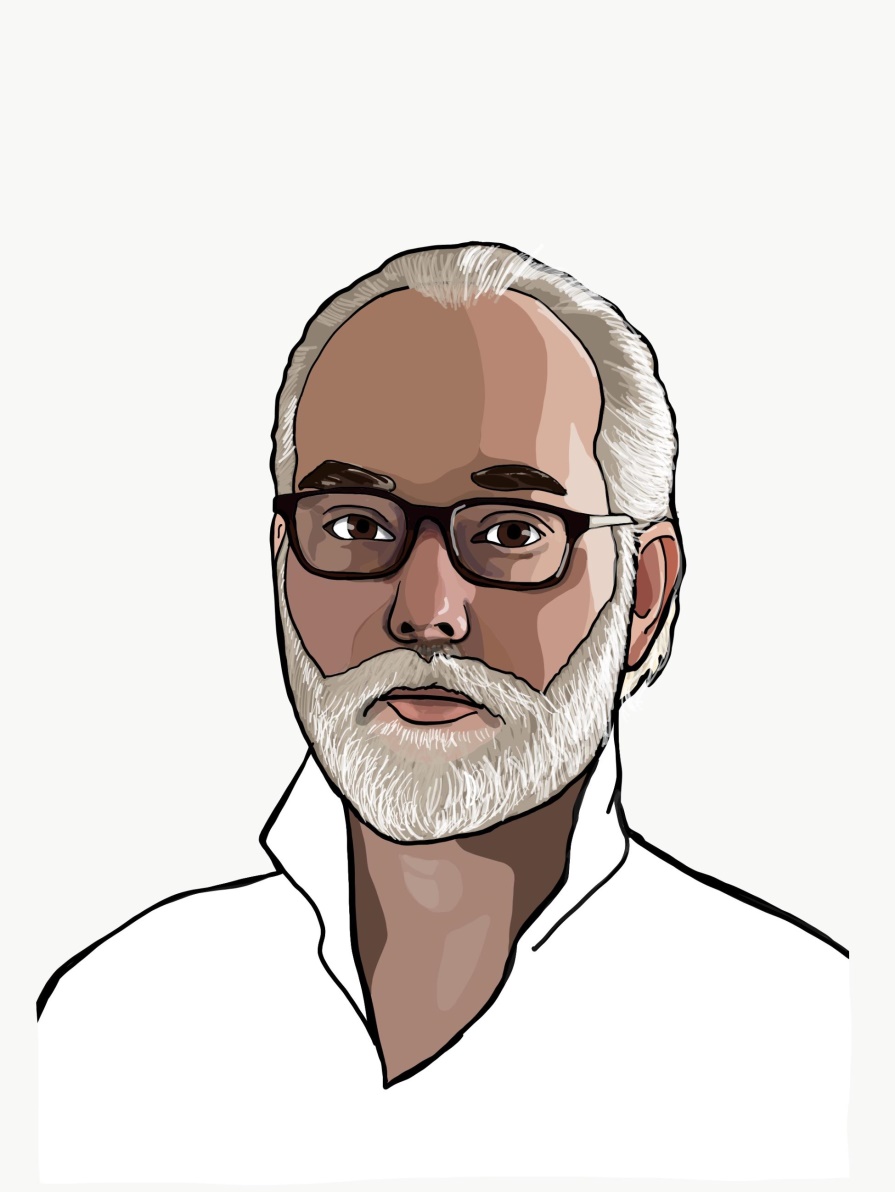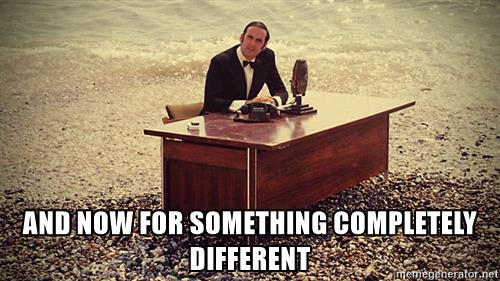Sree Menon, The Calc Man
Many years ago (just over 10!), Yr. Obt. Svt. wrote a blog post on why he Hated and Loved Calculation Manager. I even did it twice. I am – oft times, still, it continues unabated – a complete smartass who pays little heed to what he says and writes and this was most definitely one of those times. These posts were a continuation of not altogether terrifically awesome judgement as they were an expansion of a similarly-snarky two parter on Hyperion Business Rules. 2009? 2012? My, but the time does fly.
So that’s four snide technical blog posts on two closely related Oracle products. As is typical and as has been noted, I performed zero thought on any potential consequences that might arise from click-bait (was that even a term in 2009?) titles: Oracle could have gotten annoyed and come down on my head with a bag of hammers or they could have ignored it and hoped that no one read my posts or they could have read it, realized that (somehow) there was a little value in it and reached out to me so that in future my posts on this subject weren’t complete and unmitigated garbage were improved in their content, focus, and quality.. The latter is exactly what happened and it did so in the person of Sree Menon, the EPM Calculation Manager Development Manager, aka Calc Man.
No one at Oracle had ever spoken to me outside of Kscope; certainly no one on the development side of the house (I believe that at the time Sree was both Product and Development Manager of Calculation Manager although my memory is fuzzy on this) had ever interacted with me in any form. Sree was helpful, open, and friendly. He wanted Oracle’s tools to be better used, he wanted me to better understand it, and he surely wanted me to write better blog posts. All three occurred, and they occurred because of Sree’s thoughtful approach, despite my artless approach to all things Calculation Manager. Yes, I am a huge fan.
And I think you will be as well as you listen to Sree’s episode. His professional journey has taken a few twists and turns that you may be familiar with (Have you ever wondered who wrote Essbase Application Manager? Wonder no more.) and you’ll get a true developer’s perspective on what it takes to make the Performance Management tools we use.
Hear the conversation
We hope you like the episode as much as we do. If you do enjoy it, please give us a good rating on the provider of your choice as it both bathes our ever-needy egos and also – and rather more importantly – allows listeners just like you to more easily find EPM Conversations.
Join us, won’t you?




